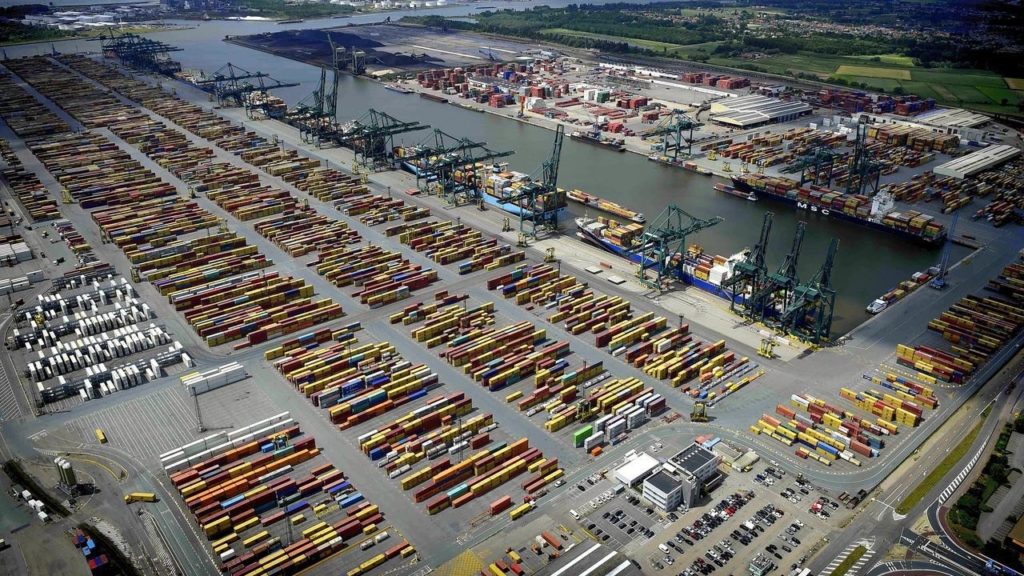Belgium will be ready to deny Russian ships access to its docks should this be agreed upon on a European level as part of the fifth set of sanctions against the country in light of its invasion of Ukraine.
The access of foreign ships to Belgian ports is monitored by the country's Maritime Information Crossroads (MIK), set up to increase safety at sea and combat terrorism. The MIK's role is particularly vital given the European Commission's proposed fifth sanctions package, which includes a ban on Russian and Russian-operated ships from entering EU ports.
"The many testimonies of war crimes that reach us from the areas where the Russian army is withdrawing are gruesome. This cannot go unanswered. Russia will have to answer for this," stated Federal Minister of the North Sea Vincent Van Quickenborne.
"At the same time, we must increase the pressure on Russia with new sanctions. We must show with one voice that we will not conduct business as usual with countries that treat innocent civilians in such a gruesome manner," he added.
He stated that, if a consensus is agreed upon at a European level in the coming days, Belgium "will be ready to bar Russian ships from our ports and we will be ready to enforce this."
Taking stricter actions against illegal practices
Van Quickenborne is working on a bill to strengthen the security of the Belgian North Sea, where more than 50,000 ships pass annually. A legal basis will be given to the shipping authorities to officially deny vessels access to the ports.
The MIK in Zeebrugge, which represents the navy, maritime police, customs and DG Shipping, visualises the movements and provides information on international ships near the Belgian coast, but also worldwide, and tracks down illegal activities, from human and drug smuggling to illegal fishing practices and unauthorised military activity.
Some 6,000 Russian or Russian-operated ships (mostly belonging to Russian shipping company Sovcomflot) have already been denied access.
This has already had a considerable impact on the Belgian ports, as Russia was the fifth most important trade partner for the port of Antwerp in 2020 and is the most important country of origin for the port of Ghent, especially for the import of coal, of which around two million tonnes enter via the east-Flemish port per year.
Related News
- Russian sanctions to have low but not insignificant impact on Belgium
- Belgium blocks nearly €200 billion in Russian assets
There is a fear that Russian ships will be quick to register under a new flag as a result of the European sanctions. To prevent this from allowing the country to curtail measures, the bill will also ensure MIK partners have the possibility to investigate when ships do not comply with the regulations on security and traceability of goods and personnel.
"This way, stricter action can be taken when there are indications of illegal practices. Ships will then have to keep much more rigorous records, such as which ports they visited and which routes were followed," a statement read.
If certain items are incorrect or not registered, access can be denied or this will constitute grounds for investigation.

